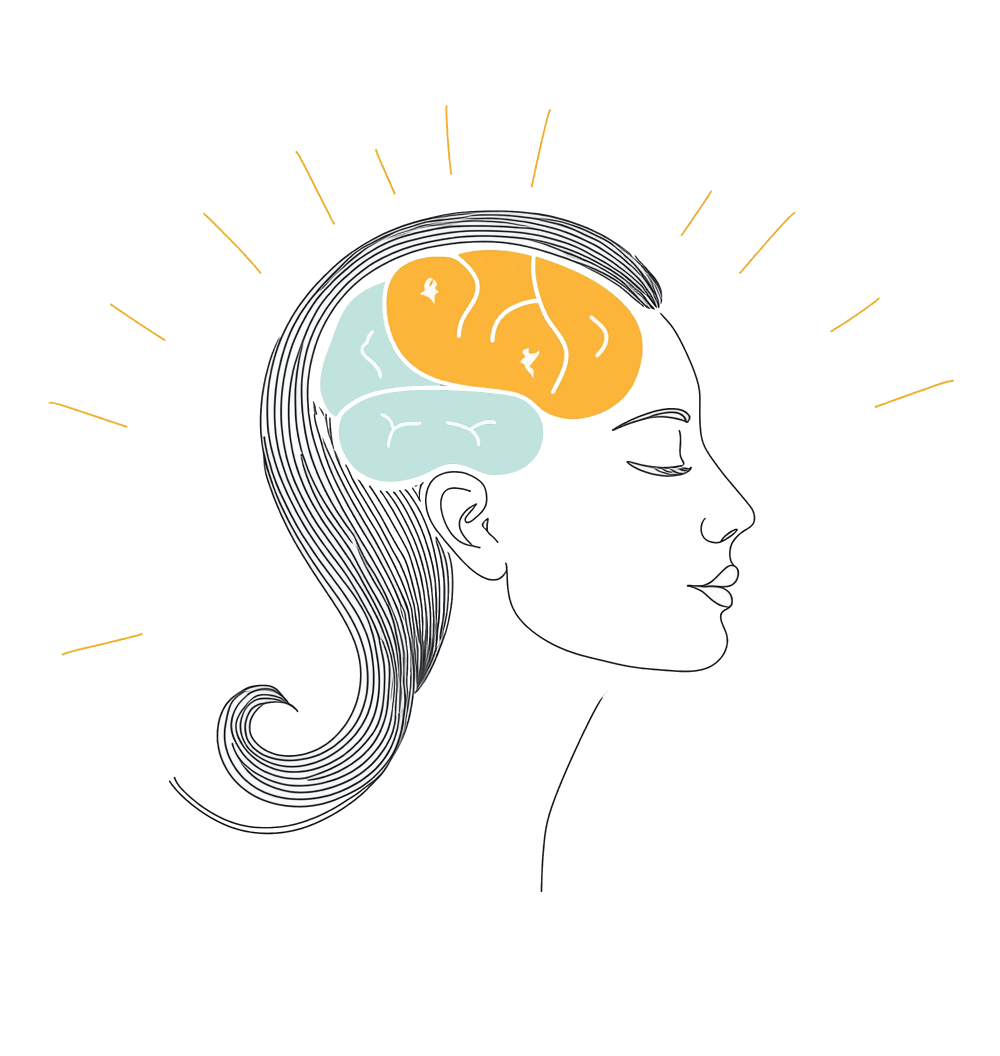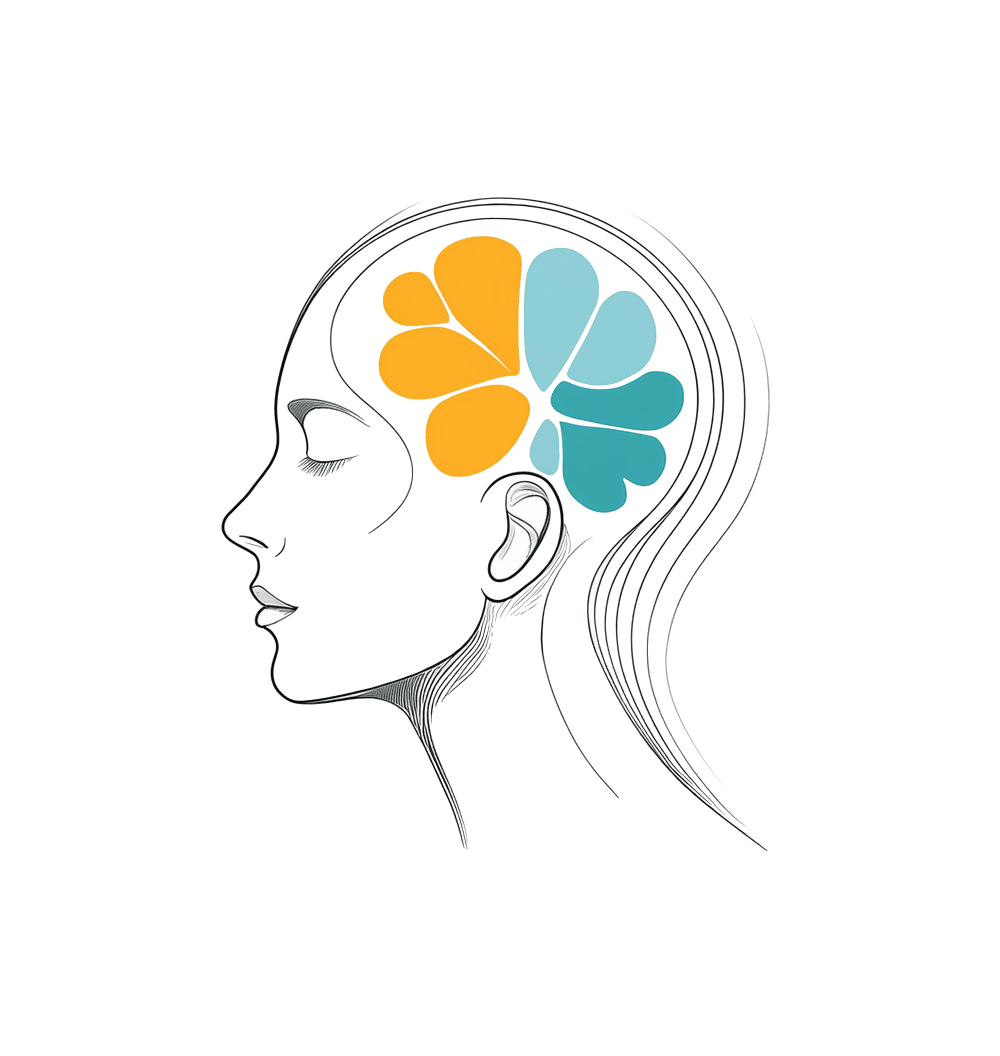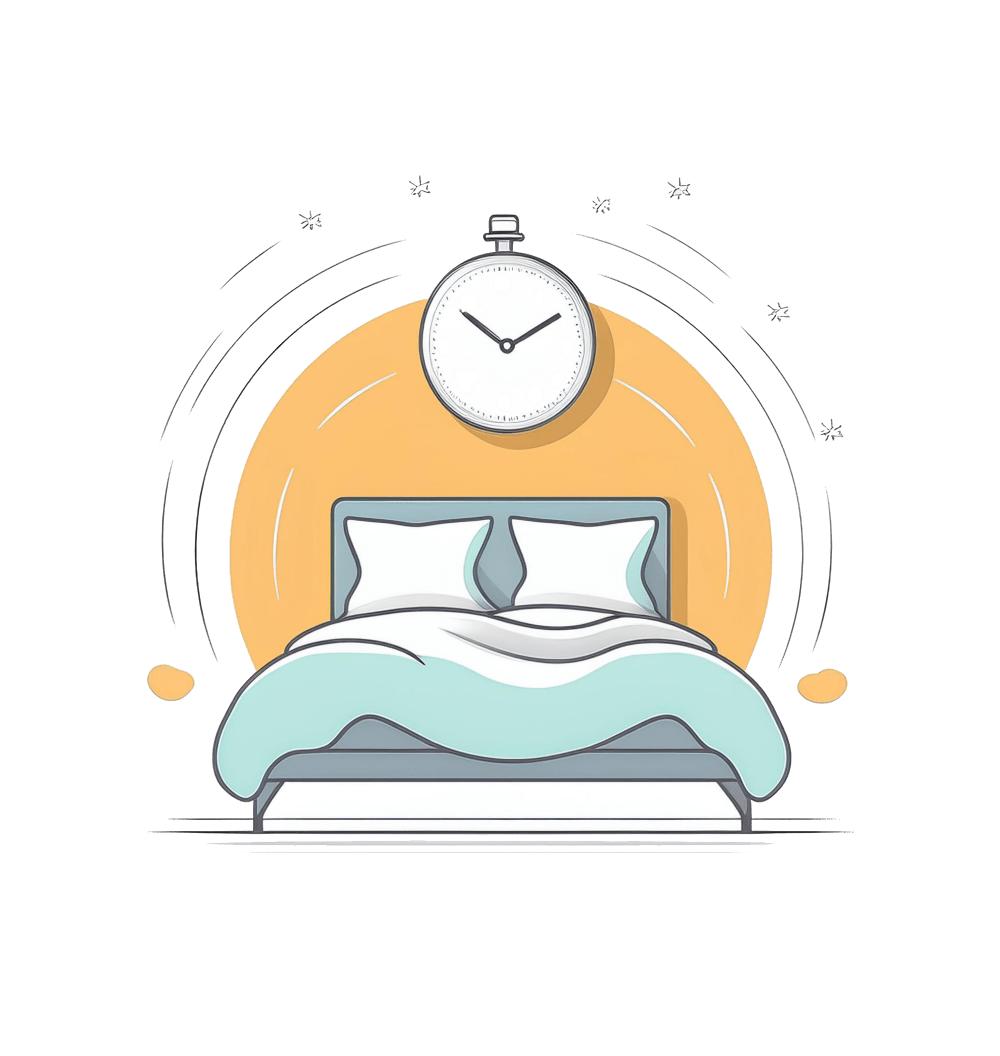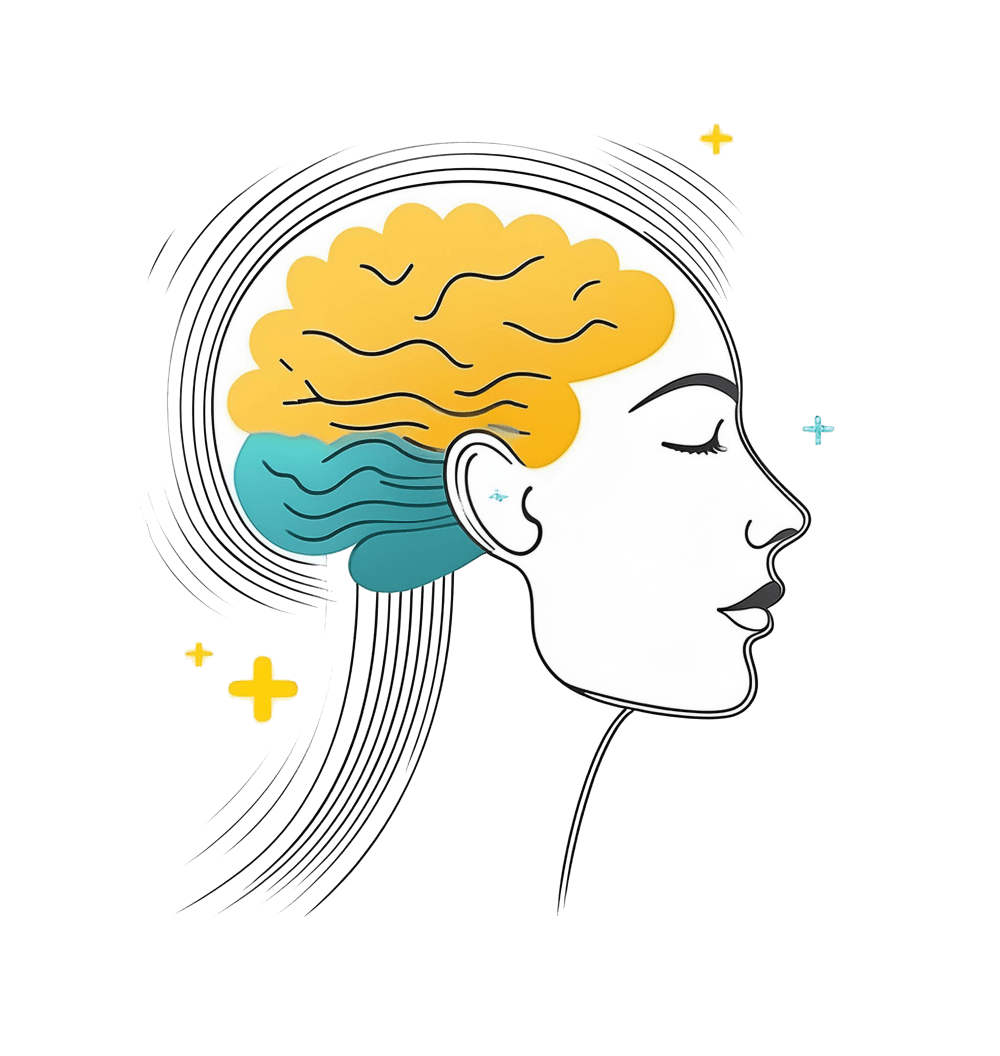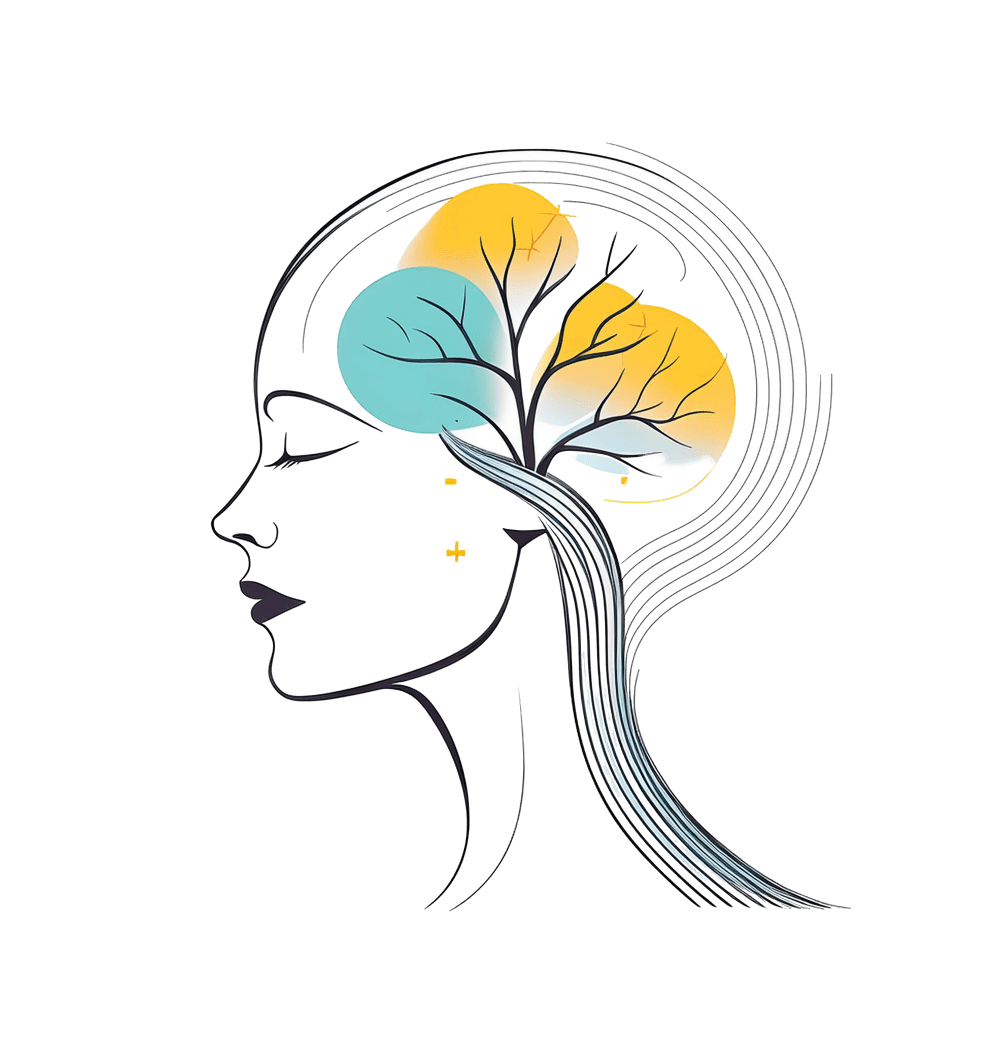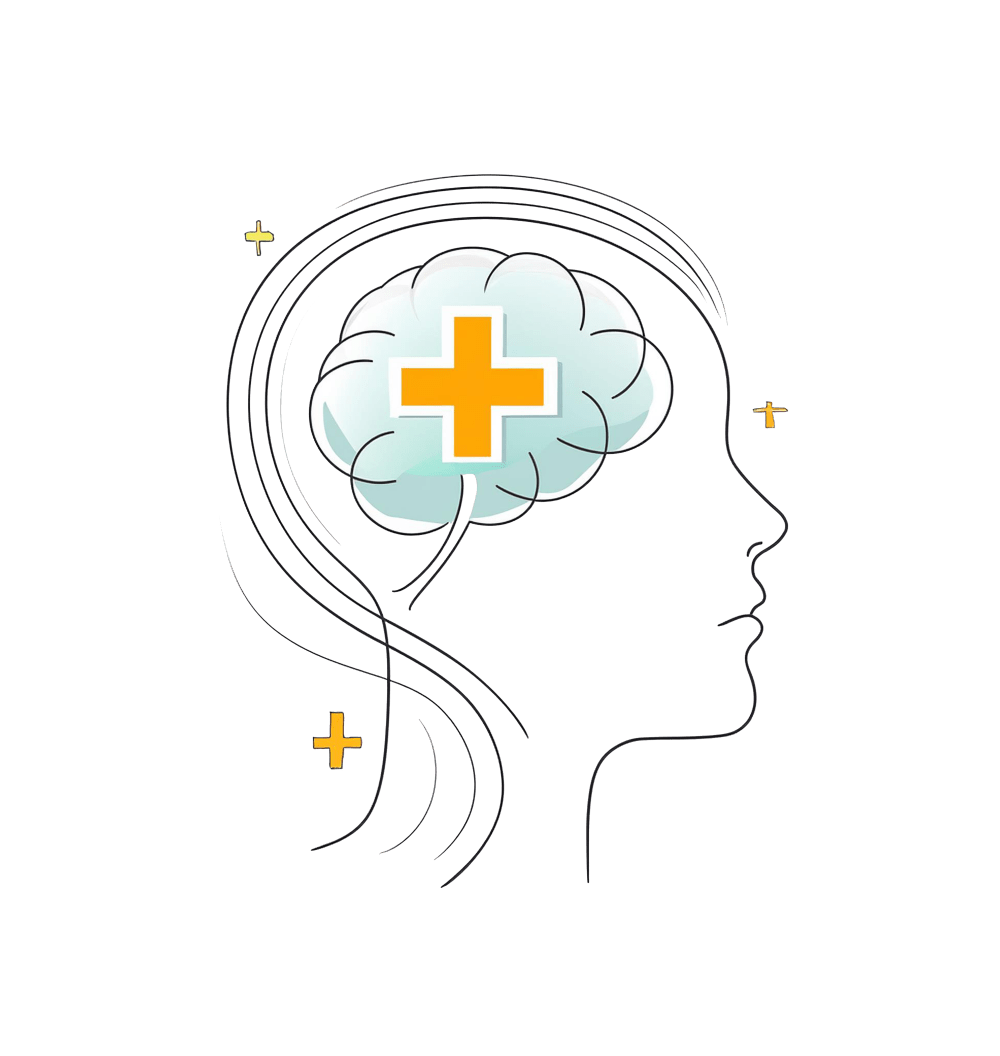

Insomnia
Understanding, Coping, and Seeking Support
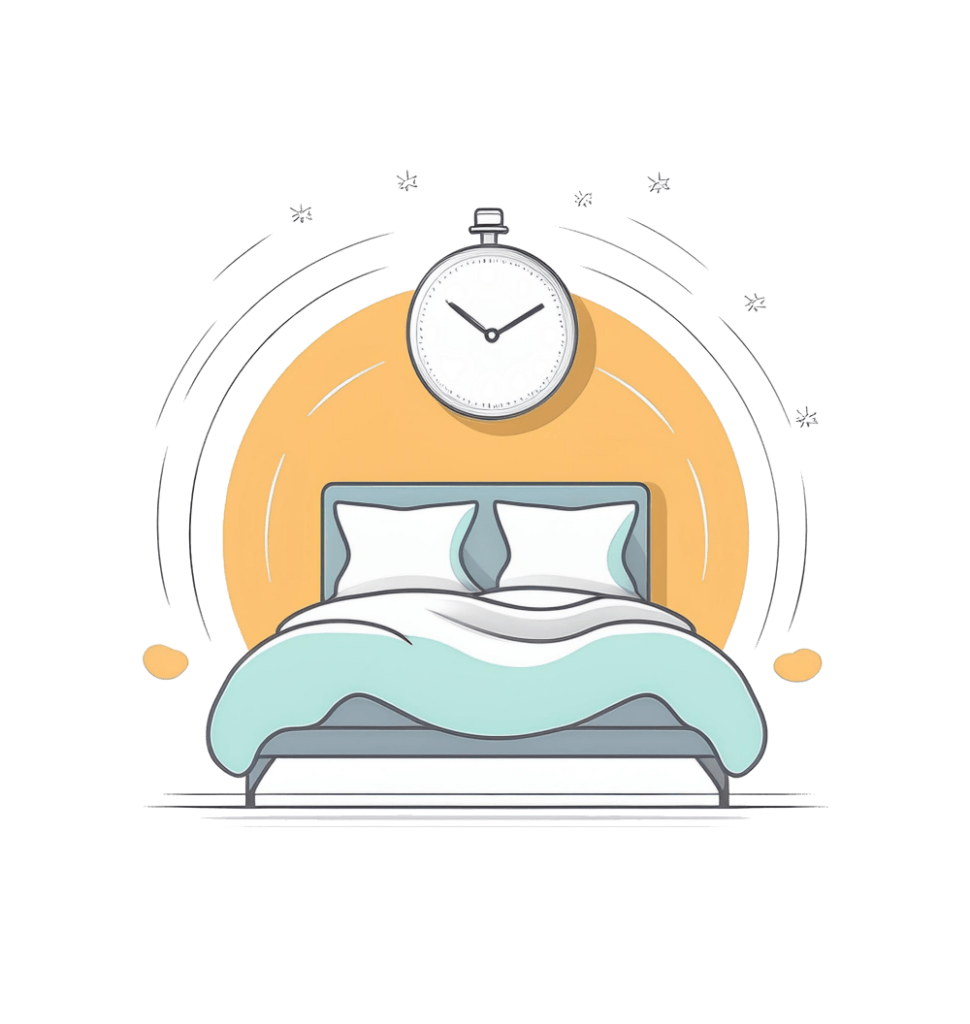
Insomnia is Common—But It Doesn't Have to Control Your Nights
What is Insomnia?
Insomnia is one of the most common sleep disorders, affecting millions of people worldwide. It can make it difficult to fall asleep, stay asleep, or achieve restful sleep, leading to a range of physical and emotional challenges. While everyone experiences occasional sleepless nights, chronic insomnia can have a significant impact on your quality of life.
Recognizing that insomnia is a common issue and that seeking help is a positive step forward can be empowering. You’re not alone in this struggle, and there are effective ways to regain control of your sleep.

Common Symptoms and the Negative Impact of Unmanaged Insomnia
Insomnia can manifest in various ways, and its symptoms can differ from person to person. Common symptoms include:
Difficulty falling asleep: Spending long periods in bed awake, unable to drift off.
Frequent awakenings: Waking up multiple times during the night and having trouble falling back asleep.
Early morning awakenings: Waking up too early and being unable to return to sleep.
Non-restorative sleep: Feeling tired or unrefreshed upon waking, even after what seemed like a full night of sleep.
Daytime fatigue: Experiencing tiredness, low energy, or sleepiness during the day.
Irritability and mood disturbances: Feeling more easily frustrated, anxious, or depressed due to lack of sleep.
Difficulty concentrating: Struggling to focus, remember things, or make decisions because of sleep deprivation.
The negative impact of unmanaged insomnia extends beyond just feeling tired. Chronic insomnia can lead to decreased productivity, strained relationships, and an overall diminished quality of life. Over time, it can also contribute to serious health issues, including a weakened immune system, cardiovascular problems, and an increased risk of mental health conditions such as anxiety and depression.
How Psychotherapy Can Help Manage Insomnia
Psychotherapy, particularly cognitive-behavioral therapy for insomnia (CBT-I), is one of the most effective treatments for chronic insomnia. Unlike medication, which often only provides temporary relief, CBT-I addresses the underlying causes of insomnia and teaches you how to change the thoughts and behaviors that contribute to your sleep difficulties. Through therapy, you can:
Identify and challenge negative sleep beliefs: Work on changing unhelpful thoughts about sleep that may be fueling your insomnia.
Establish healthy sleep habits: Develop a consistent sleep schedule, create a relaxing bedtime routine, and improve your sleep environment.
Learn relaxation techniques: Practice mindfulness, deep breathing, and progressive muscle relaxation to calm your mind and body before sleep.
Address stress and anxiety: Explore and manage the stress, anxiety, or other emotional factors that may be keeping you awake.
Practice stimulus control: Learn to associate your bed with sleep rather than wakefulness, by using techniques that strengthen this connection.
CBT-I is a structured, evidence-based approach that can lead to lasting improvements in sleep quality. It’s typically short-term, with many people seeing significant improvements in just a few weeks.
Are you hesitant to seek help? You are not alone
Many people hesitate to seek help for insomnia because they believe it’s just a minor inconvenience or something they should be able to handle on their own. Others may worry that therapy will be too time-consuming or that there isn’t a “real” solution for their sleep problems.
However, insomnia is a legitimate concern that can have a significant impact on your life, and you don’t have to face it alone. Seeking support is a proactive step towards improving your overall well-being. Therapists specializing in insomnia are trained to understand the complexities of sleep disorders and can provide you with personalized strategies to improve your sleep.
Therapy is not about quick fixes, but about creating lasting change that helps you sleep better and live better. Remember, seeking help for insomnia is a sign of strength, not weakness, and it’s an investment in your long-term health and happiness.
Take the First Step Towards Restful Sleep
Did you know that over 7.8 million Canadians or 1 in 5 Canadians will face a mental health
challenge this year? Research shows that by the age of 40, half of us—more than 19 million
people—will have experienced a mental illness. Mental health struggles like anxiety, depression, or stress can impact anyone—regardless of age, background, or income.
Consider these numbers:
• 2 million Canadians experience major depression annually.
• 1.7 million Canadians live with anxiety disorders.
• 375,000 Canadians are affected by bipolar disorder.
• Eating disorders impact approximately 1 million Canadians and have the highest
mortality rate among mental illnesses.
• Substance use disorders affect over 2.3 million Canadians
If you’re struggling with insomnia, know that help is available. You don’t have to resign yourself to sleepless nights and tired days. Therapy offers a path to understanding and overcoming insomnia, helping you to achieve the restful, restorative sleep your body needs. Don’t let insomnia control your life—take the first step towards peaceful, restful sleep by reaching out for support today.




